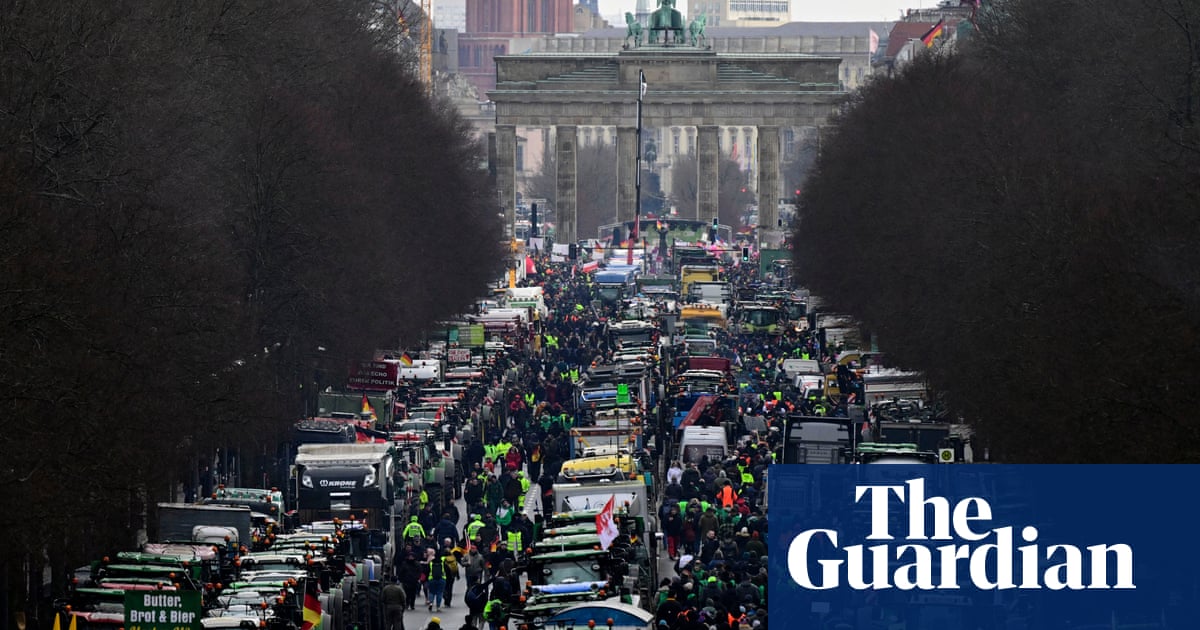
Living conditions have worsened since the government lifted subsidies for gasoline and diesel
Fuel is only the latest casualty of a complex web of crises that have drained the state’s coffers
DUBAI: Time was when the streets of Beirut throbbed with life once dusk fell. But nowadays they become ghosts of their former selves as soon as the sun sets. The reason: There is no money in the state’s coffers to buy fuel to operate Lebanon’s power plants.
Private generators too have run out of supplies, with fuel becoming the latest casualty of a complex web of crises that have drained Lebanon’s foreign currency reserves.
Last week, the price of fuel in Lebanon rose for the second time in less than two months. The government lifted subsidies for gasoline and diesel in an effort to ease shortages, which led to a nearly 66 percent spike in prices since the last hike in late June.
Lebanese people were already struggling to keep up with expenses given that the pound has lost nearly 90 percent of its value (since mass protests kicked off in late 2019) while salaries have stagnated.
Mustafa Naboulsi lives in Qalamoun, a town in the north of Lebanon, and has been working as a firefighter for 11 years. On Aug. 23, he sent his family to live in France owing to the country’s worsening economic situation.
“Sometimes we have to even sleep in the car while waiting for the fuel so that we can wake up in the morning and fill up the tank. A lot of times we have spent two to three hours in queues, only to be told that the fuel was finished and that we should return tomorrow,” Naboulsi told Arab News.
It has been over 10 days since Khaled Zakaria last filled his tank with gasoline. To do so, he had to travel for nearly 50 km from Tripoli to Byblos and stand in line for over an hour.
The high demand for gasoline coupled with its unavailability has predictably given rise to a black market, where the commodity can be bought for seven to 10 times more than its official price. Zakaria said he refuses to purchase gasoline this way as he does not want to encourage hoarding and corruption, which in his view can only make a bad situation worse.
Naboulsi, the firefighter, also treats fire burns, but the restrictions on his mobility have left him feeling helpless.
“Sometimes I get called into areas that are outside my town. These are people that are in pain and I would love to help them, but I can’t even reach them,” he told Arab News.
Fire devours a building close to where a fuel tank exploded in Lebanon"s northern region of Akkar on August 15, 2021. (AFP file photo)
“Especially after what happened in Akkar. I have no words to describe the pain. It’s a very hard feeling. You feel like you are not doing enough even though the situation is out of your control,” he said.
On the morning of Aug. 15, a gasoline-tanker explosion in Akkar left 28 people dead and nearly 80 injured. The incident prompted neighboring countries to step in to provide aid since Lebanon is also in the midst of a medical crisis.
At the beginning of August, Riad Salameh, Lebanon’s Central Bank governor, blamed local traders for fuel shortages.
“It’s unacceptable that we import $820 million worth of fuel and not get to see diesel fuel, gasoline or electricity. This, not the positions adopted by us, is humiliation in itself against the Lebanese,” he told a local radio station.












